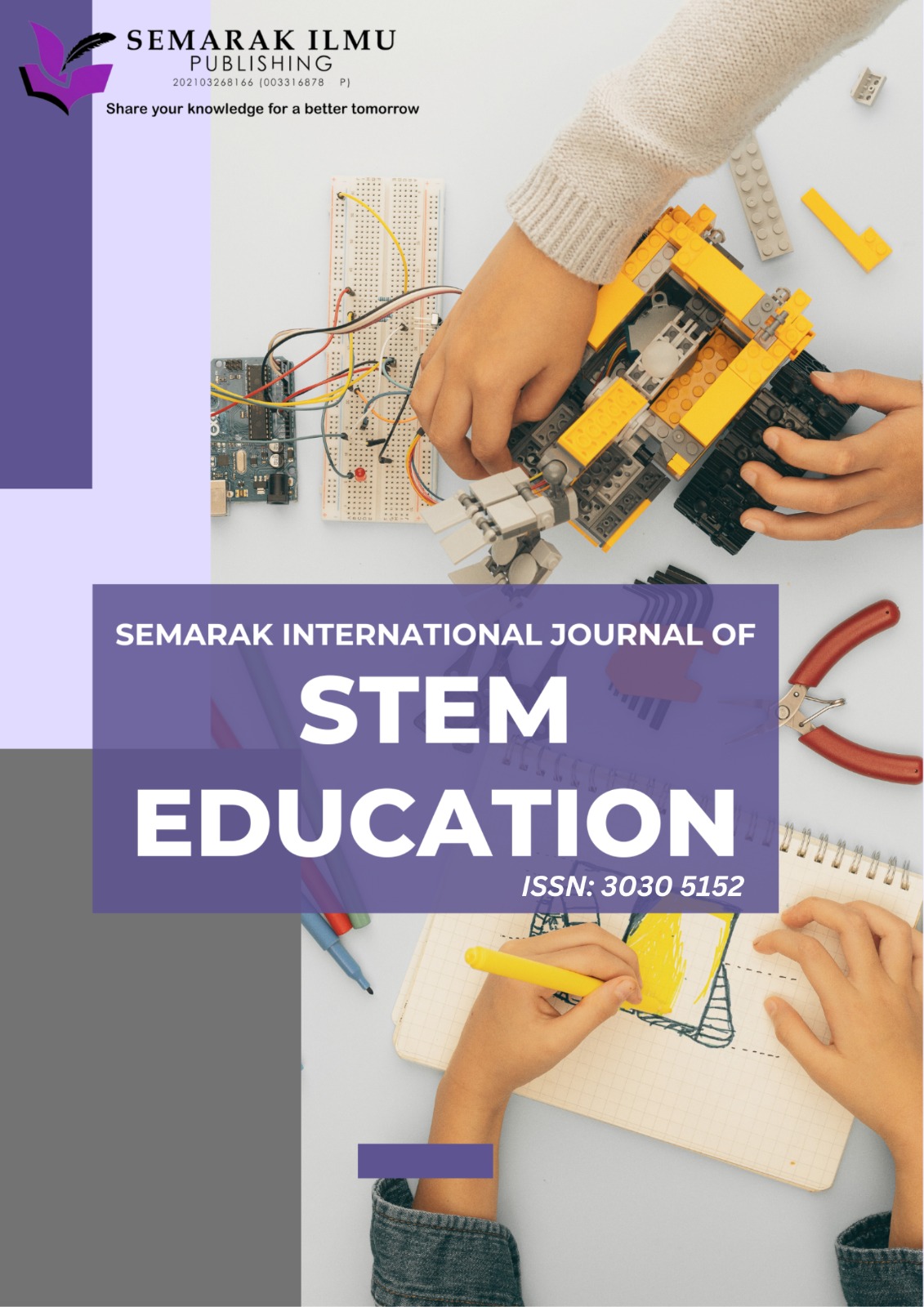Mathematics Anxiety among Architecture Students at Polytechnic Sultan Idris Shah: A Preliminary Study as An Attempt to Strengthen Mathematics Education in TVET Institution
DOI:
https://doi.org/10.37934/sijste.1.1.3948Keywords:
Ability, mathematics, TikTok blended learning, Indigenous education, anxiety, academicAbstract
Mathematics is the basis for numerous technical skills imparted in Technical and Vocational Education and Training (TVET) institutes. As one of the TVET institutions, Polytechnic recognizes the importance of mathematics courses in its curriculum. Engineering, computer science, architecture, and manufacturing courses rely heavily on mathematical principles and concepts. Despite the importance of mathematics, the issue of underperformance in Elementary Mathematics courses among architecture students has been a significant issue for Polytechnic institutions. Some architecture students may require assistance understanding the direct applicability of specific mathematical topics to their field of study. They may perceive mathematics courses as arduous, demanding, intricate, and challenging to succeed in. The presence of negative thoughts significantly led to the development of mathematical anxiety. This anxiety can hinder their ability to solve problems and perform to their full potential in mathematics courses. Therefore, this study investigates the correlation between mathematics anxiety and problem-solving skills among architecture students. The study utilizes a quantitative research design, employing a questionnaire and a problem-solving test. This study used convenience sampling to select 45 Diploma in Architecture students who took Elementary Mathematics in semester one. The data collected is analysed using descriptive and correlation analyses. The study results indicated that mathematics anxiety is present among architecture students. Furthermore, a significant negative correlation was observed between mathematics anxiety and the mathematical problem-solving abilities of architecture students enrolled in elementary mathematics courses. It indicates that their abilities to solve mathematical problems decreases as their mathematics anxiety increases. Consequently, mathematics anxiety is a factor that influences the problem-solving abilities of students. Hence, educators must strive to understand mathematics anxiety and implement innovative pedagogical approaches to overcome their anxiety. Ultimately, the insights gained from the research will contribute to the current body of literature concerning mathematics anxiety and its ramifications for problem-solving within architecture education.
Downloads










